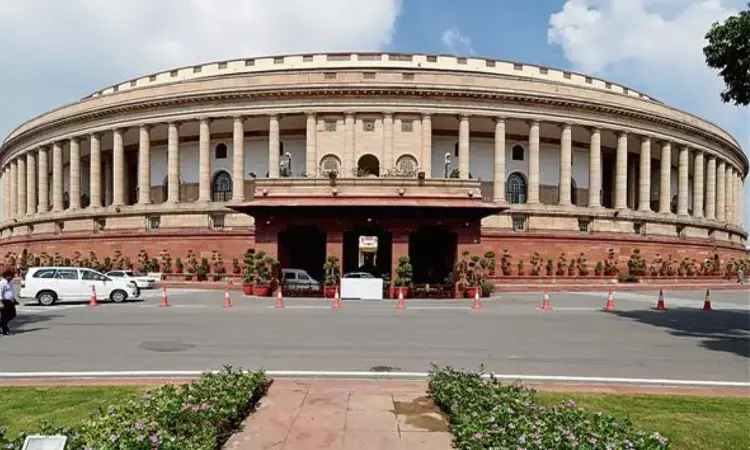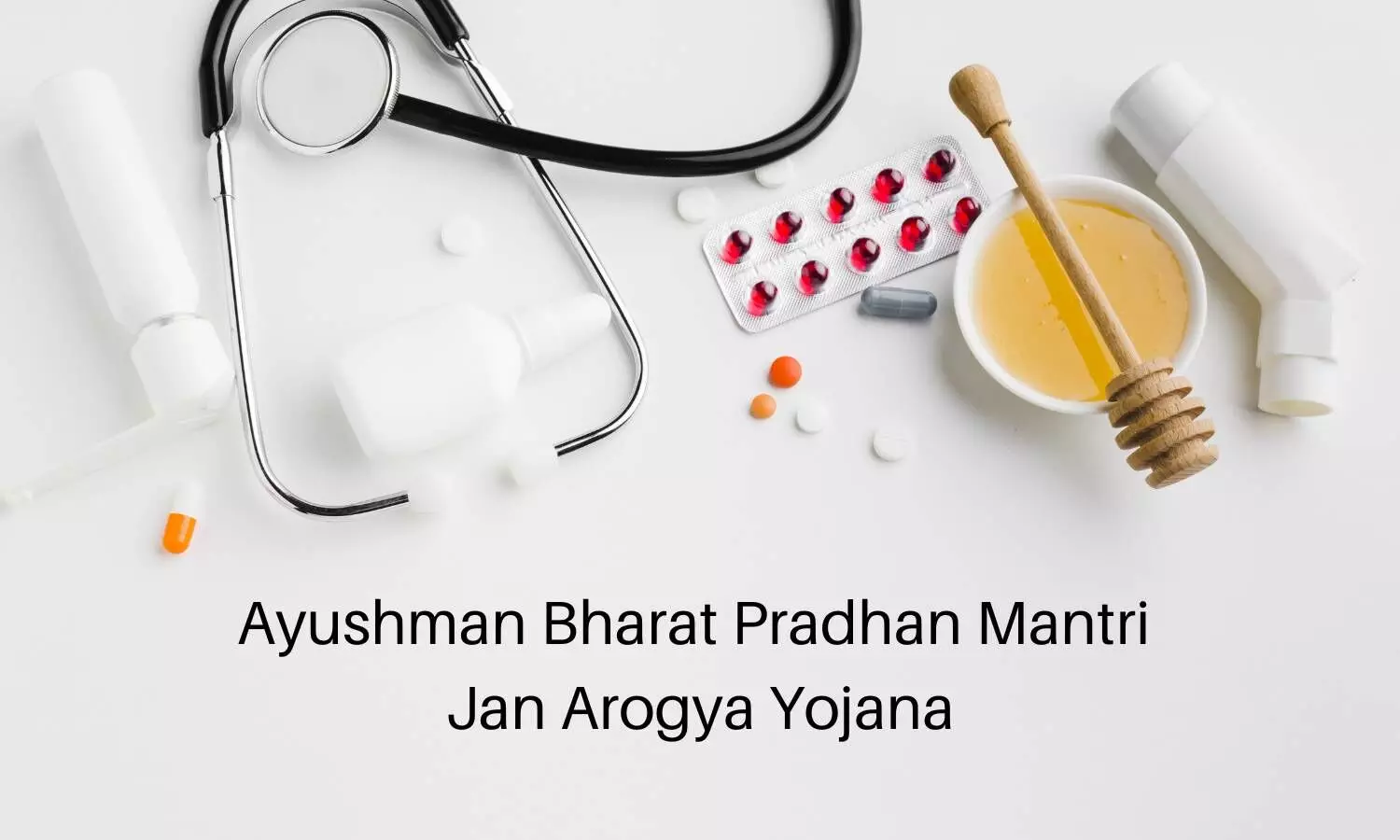- Home
- Medical news & Guidelines
- Anesthesiology
- Cardiology and CTVS
- Critical Care
- Dentistry
- Dermatology
- Diabetes and Endocrinology
- ENT
- Gastroenterology
- Medicine
- Nephrology
- Neurology
- Obstretics-Gynaecology
- Oncology
- Ophthalmology
- Orthopaedics
- Pediatrics-Neonatology
- Psychiatry
- Pulmonology
- Radiology
- Surgery
- Urology
- Laboratory Medicine
- Diet
- Nursing
- Paramedical
- Physiotherapy
- Health news
- Fact Check
- Bone Health Fact Check
- Brain Health Fact Check
- Cancer Related Fact Check
- Child Care Fact Check
- Dental and oral health fact check
- Diabetes and metabolic health fact check
- Diet and Nutrition Fact Check
- Eye and ENT Care Fact Check
- Fitness fact check
- Gut health fact check
- Heart health fact check
- Kidney health fact check
- Medical education fact check
- Men's health fact check
- Respiratory fact check
- Skin and hair care fact check
- Vaccine and Immunization fact check
- Women's health fact check
- AYUSH
- State News
- Andaman and Nicobar Islands
- Andhra Pradesh
- Arunachal Pradesh
- Assam
- Bihar
- Chandigarh
- Chattisgarh
- Dadra and Nagar Haveli
- Daman and Diu
- Delhi
- Goa
- Gujarat
- Haryana
- Himachal Pradesh
- Jammu & Kashmir
- Jharkhand
- Karnataka
- Kerala
- Ladakh
- Lakshadweep
- Madhya Pradesh
- Maharashtra
- Manipur
- Meghalaya
- Mizoram
- Nagaland
- Odisha
- Puducherry
- Punjab
- Rajasthan
- Sikkim
- Tamil Nadu
- Telangana
- Tripura
- Uttar Pradesh
- Uttrakhand
- West Bengal
- Medical Education
- Industry
Initiatives to Enhance AMR Surveillance: Health Minister informs Parliament

Rajya Sabha
New Delhi: During a Rajya Sabha session, Shri Prataprao Jadhav, the Minister of State in the Ministry of Health and Family Welfare, announced that 50 state medical colleges across 33 States/UTs are currently part of the National AMR Surveillance Network (NARS-Net).
He further informed that India enrolled in the Global AMR Surveillance System (GLASS) in 2017 and has submitted National AMR surveillance data from NARS-Net to GLASS since 2018.
The minister was responding to the questions posed by Shri Jose K. Mani, who sought information on the steps the Government is taking to control antimicrobial resistance (AMR) in the country. He further asked whether there is any plan to regulate the sale of antibiotics and ensure that prescriptions are mandatory for their purchase. He also inquired about the awareness campaigns the Government is running to educate the public and healthcare professionals about AMR.
Minister Jadhav mentioned that the Government of India has taken various steps to address the issue of AMR, including the launch of the Red Line awareness campaign on Antimicrobial Resistance, H and H1 of the Drugs Rules, 1945, and introducing National Treatment guidelines for judicious use of antibiotics. Awareness generation materials on AMR include posters, videos, and audio jingles on judicious use of antibiotics and on prevention of infections through hand hygiene, and are made available for use by stakeholders. The media material in 12 local languages has also been developed for the dissemination of AMR-related information and shared with States & UTs.
MoHFW has initiated “National Programme on Antimicrobial Resistance Containment”. Under this programme, State medical college labs are strengthened in a phased manner for AMR surveillance and containment activities. Moreover, Capacity building of the labs on basic procedures in Bacteriology across the network has also been done. Various SOPs have been developed, which are updated on a regular basis, and all the sentinel site laboratories are provided with training on the use of these SOPs. Training is also provided on AMR data management using the WHONET software. The quality of data submitted under the National AMR surveillance network is ensured through the External Quality Assessment Scheme (EQAS) conducted by NCDC.
Support has been provided to 3 States to strengthen State AMR Surveillance Networks and to 6 additional States to establish State-level AMR surveillance networks. AMR National Reference Laboratory (NRL) for bacterial pathogens and fungal pathogens has been established at NCDC, Delhi, and Vallabhbhai Patel Chest Institute, Delhi, respectively. The NRLs are conducting EQAS and AMR Alert confirmation of the isolates submitted quarterly by the sites. National Guidelines for Infection Prevention and Control in Healthcare Facilities have been developed and uploaded to the NCDC website. NCDC has conducted state-level IPC training of trainers from different States/ UTs in 3 batches, stated the minister.
National Action Plan on Containment of Antimicrobial Resistance (NAP-AMR) has been launched, which aims to address the growing threat of antimicrobial resistance in India through a multi-sectoral approach, focusing on improving awareness, strengthening surveillance, and optimizing antimicrobial use.
Sanchari Chattopadhyay has pursued her M.A in English and Culture Studies from the University of Burdwan, West Bengal. She likes observing cultural specificities and exploring new places.




